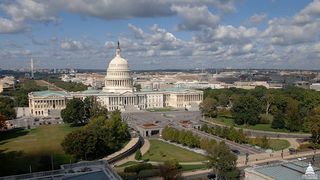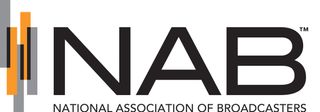NAB to Hill: First Informers Are Crucial to Emergency Communications

With no broadcast witness at Thursday's (Feb. 27) House Communications Subcommittee hearing on "Strengthening Communications Networks to Help Americans in Crisis," the National Association of Broadcasters sent the subcommittee a letter reminding them of the vital role its communications network plays.

In a letter to the chairs and ranking members of the Subcommittee and parent House Energy & Commerce Committee, NAB President Gordon Smith said that broadcasting "is sometimes the only available communications medium in an emergency when wireless and other networks fail."
Smith drew distinctions between the wireless broadband networks that were the main focus of the hearing, and wireless broadcast networks that are "redundant, resilient" and have "no bottlenecks," adding: "An emergency alert can reach millions of people simultaneously without concern over network congestion."
Then there is the trust factor: Broadcasters are "an integral part of their local community," Smith told the subcommittee leaders, "and not just as an authority but as a neighbor."
To that end, Smith said that NAB supports the Reliable Emergency Alert Distribution Improvement (READI) Act, which was one of the bills being discussed at the legislative hearing.
Smith pointed out that broadcasters' new ATSC 3.0 transmission standard (Next Gen TV) will make broadcasters even more effective first informers, particularly through geo-targeted alerts and multimedia files.
Smith's bottom line was that broadcasters would remain ready to keep viewers safe when other networks go down.
Broadcasting & Cable Newsletter
The smarter way to stay on top of broadcasting and cable industry. Sign up below
Former FEMA Administrator Craig Fugate also wrote the committee in advance of the hearing to add his voice to the argument. "I urge you and your colleagues to remember that when it comes to public safety in a lifeline situation, there is no substitute for the credible and reliable information that comes from local radio and TV broadcasters."
Contributing editor John Eggerton has been an editor and/or writer on media regulation, legislation and policy for over four decades, including covering the FCC, FTC, Congress, the major media trade associations, and the federal courts. In addition to Multichannel News and Broadcasting + Cable, his work has appeared in Radio World, TV Technology, TV Fax, This Week in Consumer Electronics, Variety and the Encyclopedia Britannica.

